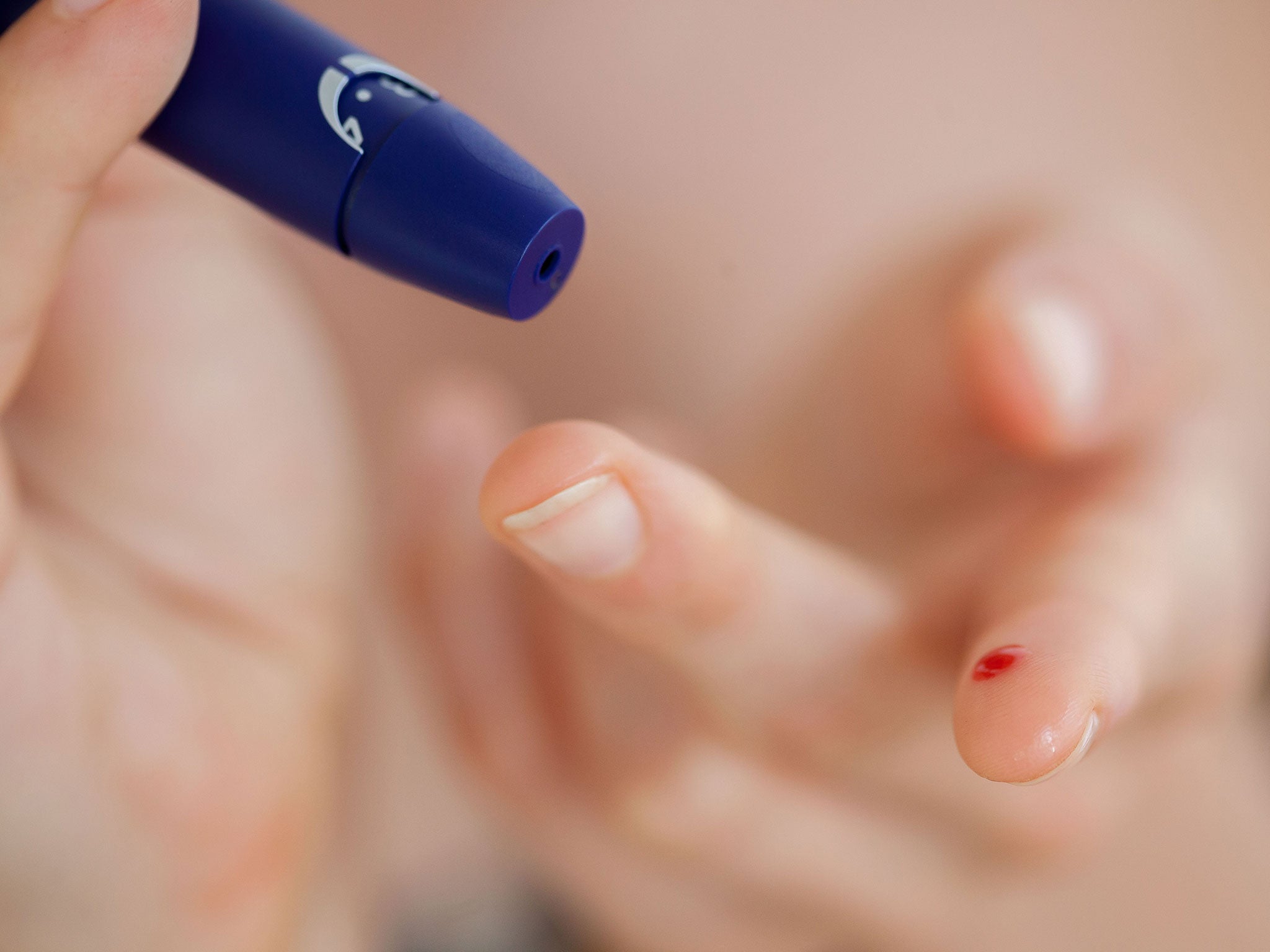Diabetes cure may be step closer, scientists say
Experts managed to halt the condition in mice for six months thanks to the use of insulin-producing cells

A cure for type 1 diabetes could be a step closer after scientists managed to halt the condition in mice for six months thanks to the use of insulin-producing cells that had been generated from human stem cells.
Experts from US hospitals and institutions including Harvard University managed to transplant cells into mice, which immediately began producing insulin.
The team was also able to show they could prevent the cells being rendered useless by the body’s own immune system, which was effectively “switched off” thanks to scientific work.
It means a cure for type 1 diabetes – which affects 400,000 people in the UK – could be much closer. Scientists are now working to replicate the results in humans with the condition.
The findings build on the news at the end of 2014 that experts had discovered how to make huge quantities of insulin-producing cells.
The man who led that breakthrough – Harvard Professor Doug Melton, who has been trying to find a cure for the disease since his son Sam was diagnosed with type 1 diabetes as a baby – also worked on the new studies.
The human islet cells used for the new research were generated from human stem cells developed by Professor Melton.
Following implantation in mice, the cells immediately began producing insulin in response to blood glucose levels, and were able to maintain blood glucose within a healthy range for 174 days – the length of the study.
The findings are published in the journals Nature Medicine and Nature Biotechnology and were made possible with funding from the Juvenile Diabetes Research Foundation (JDRF). JDRF’s vice-president of discovery research, Julia Greenstein, said: “Encapsulation therapies have the potential to be groundbreaking for people with type 1 diabetes.
“These treatments aim to effectively establish long-term insulin independence and eliminate the daily burden of managing the disease for months, possibly years, at a time without the need for immune suppression.”
Press Association
Join our commenting forum
Join thought-provoking conversations, follow other Independent readers and see their replies
Comments
Bookmark popover
Removed from bookmarks